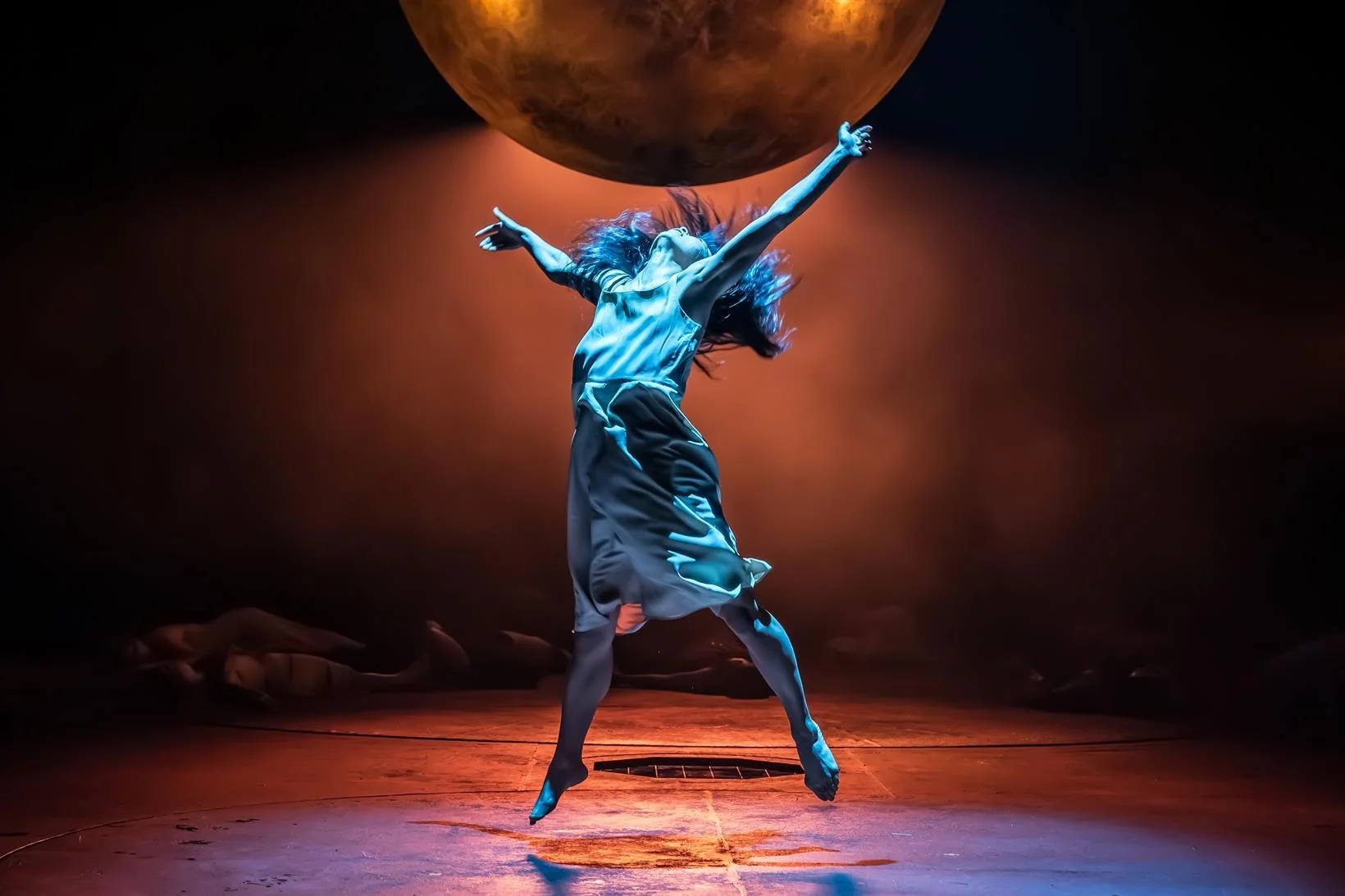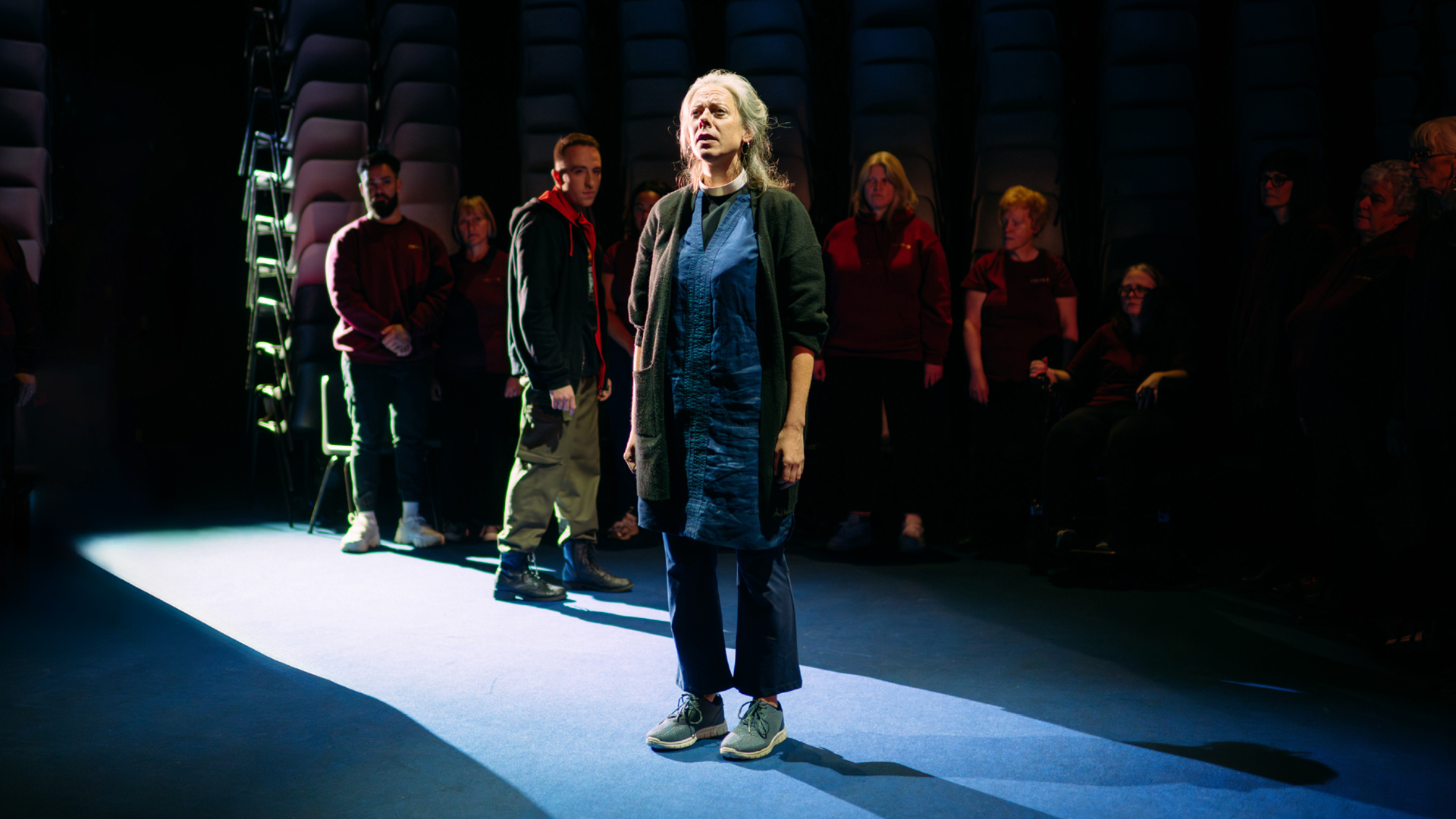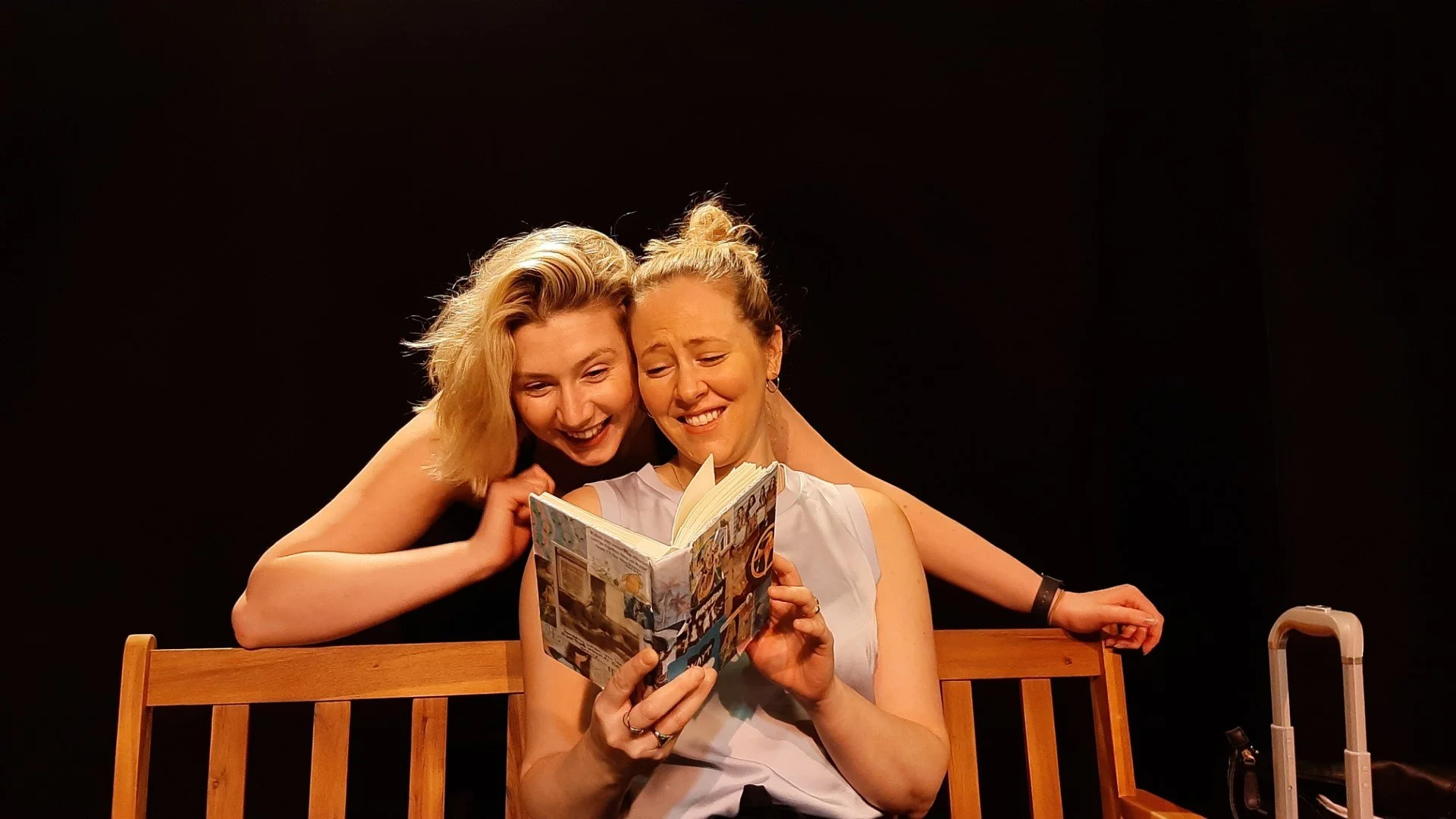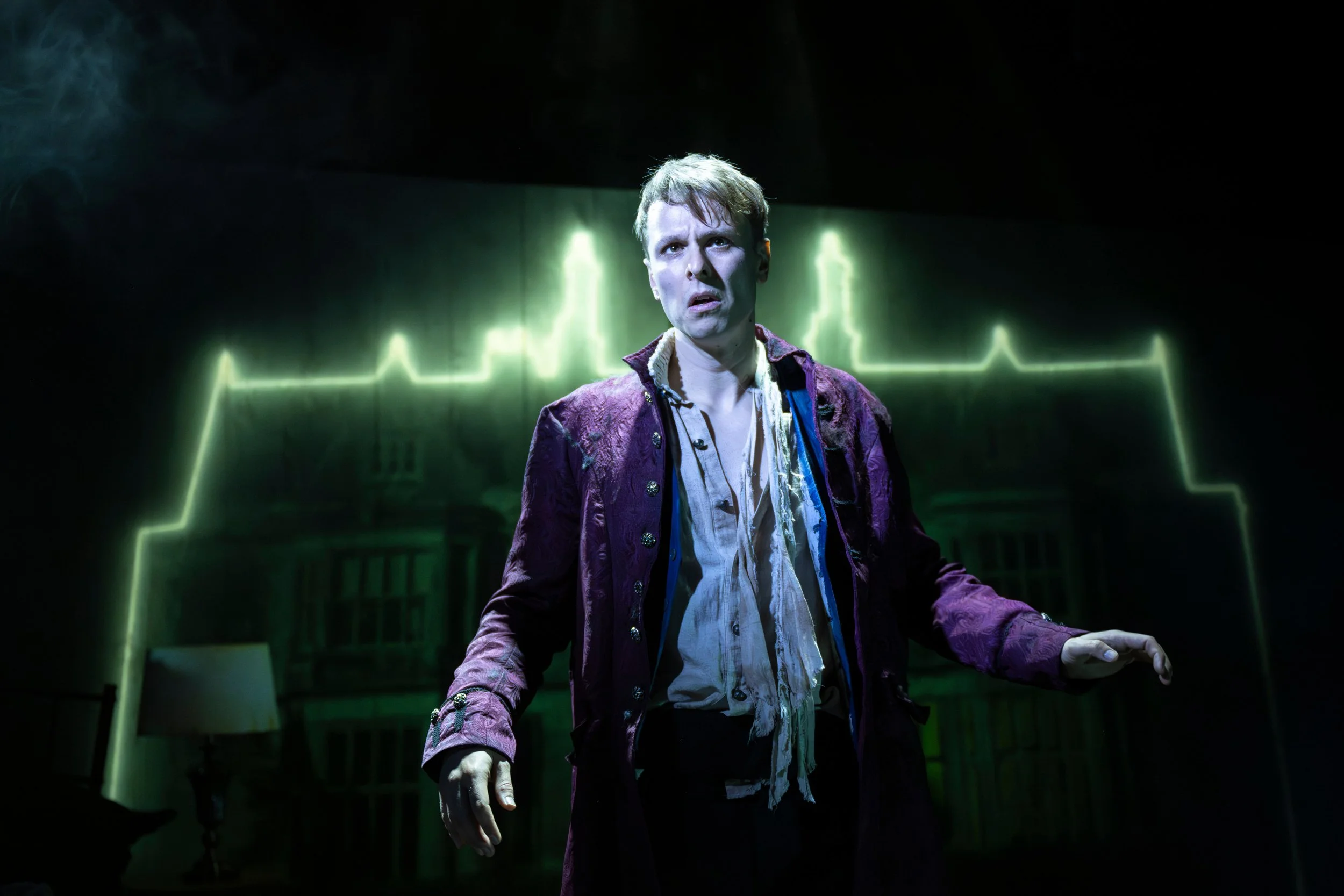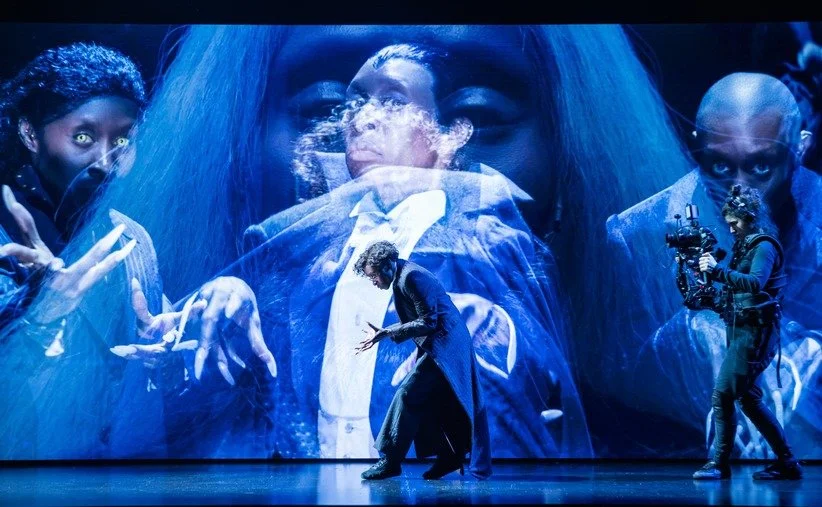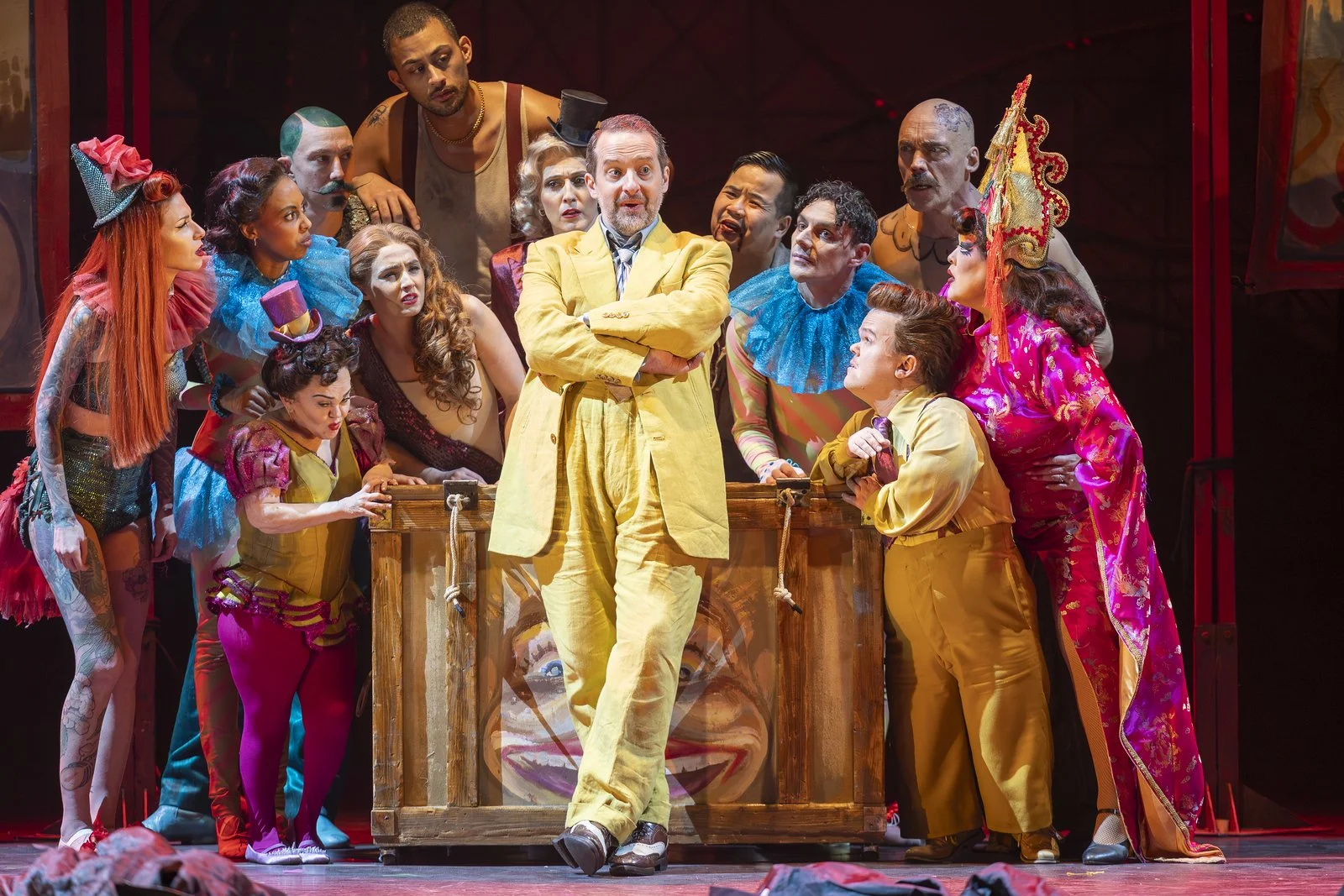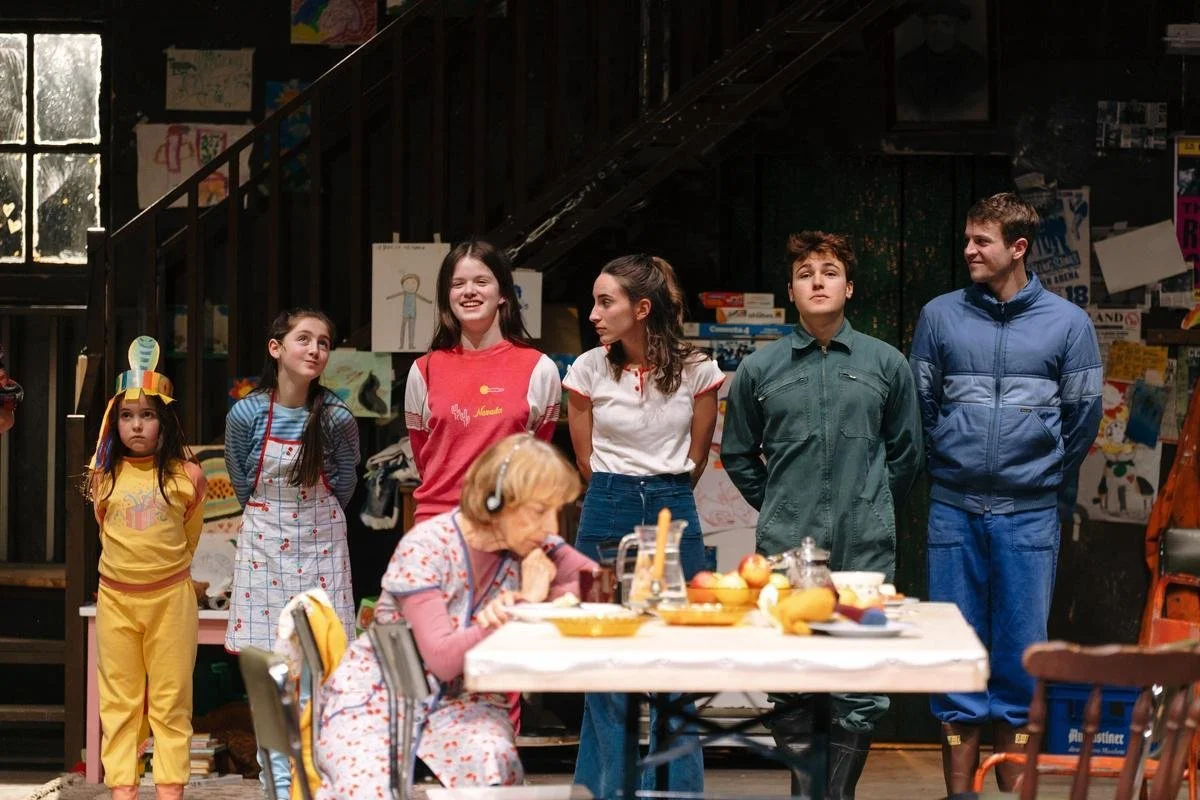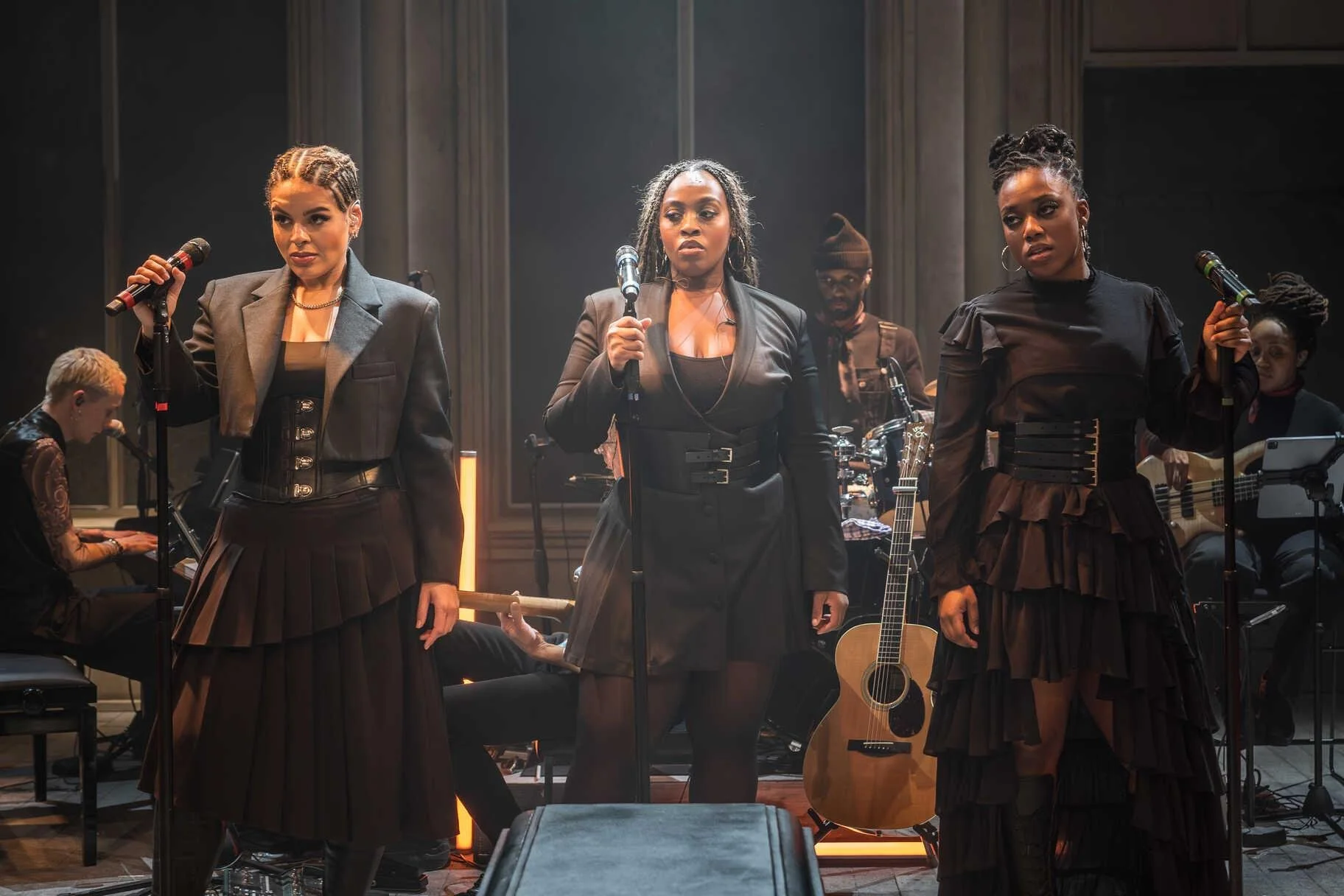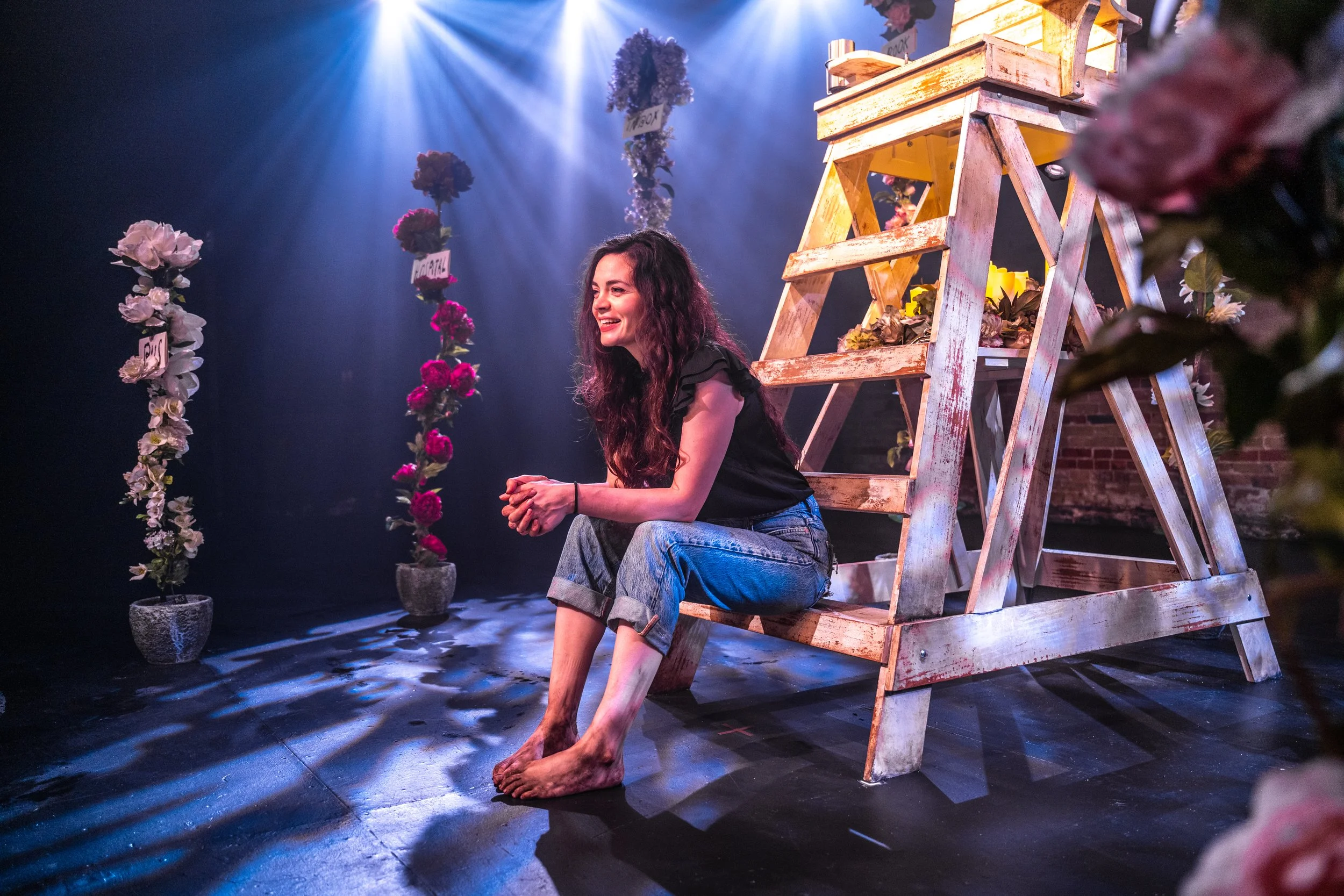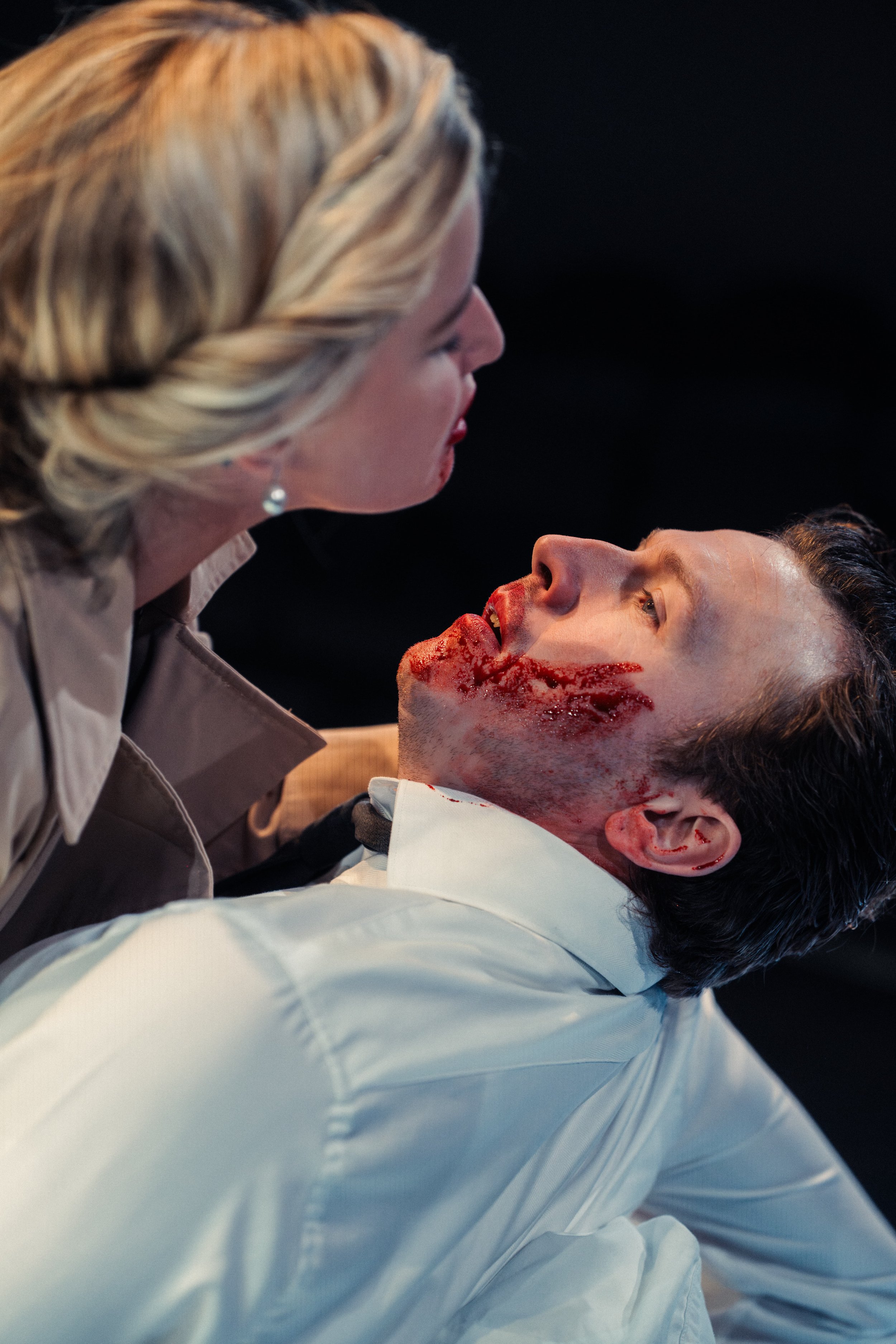The Winter’s Tale at Royal Shakespeare Theatre Review
Photo by Marc Brenner
Written by Roni for Theatre & Tonic
Disclaimer: Gifted tickets in exchange for an honest review
When it comes to Shakespeare texts, the lengthy scripts of Elizabethan English can sometimes struggle to capture the imagination in the age of the internet. If anyone can manage it, though, it’s sure to be the RSC, now firmly into their latest season. Can they deliver a captivating spectacle in The Winter’s Tale?
The Winter’s Tale is another of Shakespeare’s classics that is, of course, the RSC’s forte, opening in ancient Sicily where King Leontes is visited by Polixenes, King of Bohemia, and childhood friend. However, Leontes soon becomes suspicious of his wife Hermione’s displays of hospitality towards their guest and begins to doubt the parentage of her unborn child. As his paranoia takes control, Leontes orders his Lord Camillo to poison Polixenes – who promptly warns Polixenes and flees with him back to Bohemia. An outraged Leontes then publicly shames his wife, imprisoning her and refusing to believe her innocence, leading to the deaths of both his wife and son and leaving his newborn daughter to be abandoned on the shores of Bohemia. When fate intervenes, will Leontes be resigned to a miserable existence for the rest of his days – or is it possible to ever have a truly happy ending?
As ever, the staging for this production is dynamic and engaging, with the front section of each side of the stage giving way to a pool of water that builds a chilling atmosphere within the narrative (be warned if you are in the front row that you may be in the splash zone!). Above the stage, a menacing moon wanes and grows along with the action, often providing the only source of light, which creates suitably sinister shadows of the cast. Director Yaël Farber has brought an ambience of danger to this production, giving pause for thought to just how devastating the events within the plot truly are. This is a raw, visceral production, but not for any overt bloodshed. Its true grit can be found in moments such as Hermione’s trial, where she is brought from the jail having had her newborn baby torn from her, to agonisingly climb the plinth and stand to be judged, her breasts still leaking through her dress. These choices bring a new nuance to an old tale, something which will be both refreshing and appealing to a modern audience.
This is an extremely well-balanced cast, where no one performance dominates in strength; however, there must be several special mentions. Bertie Carvel brings a deliciously maddening take on Leontes, frustrating audiences with his hysterical refusal to listen to reason until the worst has already come to pass. John Light is slightly forgettable as Polixenes, but his understatement falls in line with the character, whilst Hilda Cronje quietly yet heartbreakingly shines in her role as Emilia. Full praise, however, must go to both Aïcha Kossoko and Madeline Appiah as Paulina and Hermione respectively. Both women deliver a masterclass in acting, drenching the audience in a grief that is not theirs, yet still cuts just as deeply. Theirs feels like a feminine take for the ages: where the tears and tribulations of women are thrust into the limelight, albeit in a now unfamiliar context – bravo.
In short, this is a classic piece with a modern feel that will stick with the audience for a while. While there are slightly tedious moments, this production still packs a punch and should be lauded for once again contextualising Shakespeare for a 21st-century crowd.
The Winter’s Tale is at the Royal Shakespeare Company until 30 August
★ ★ ★ ★

